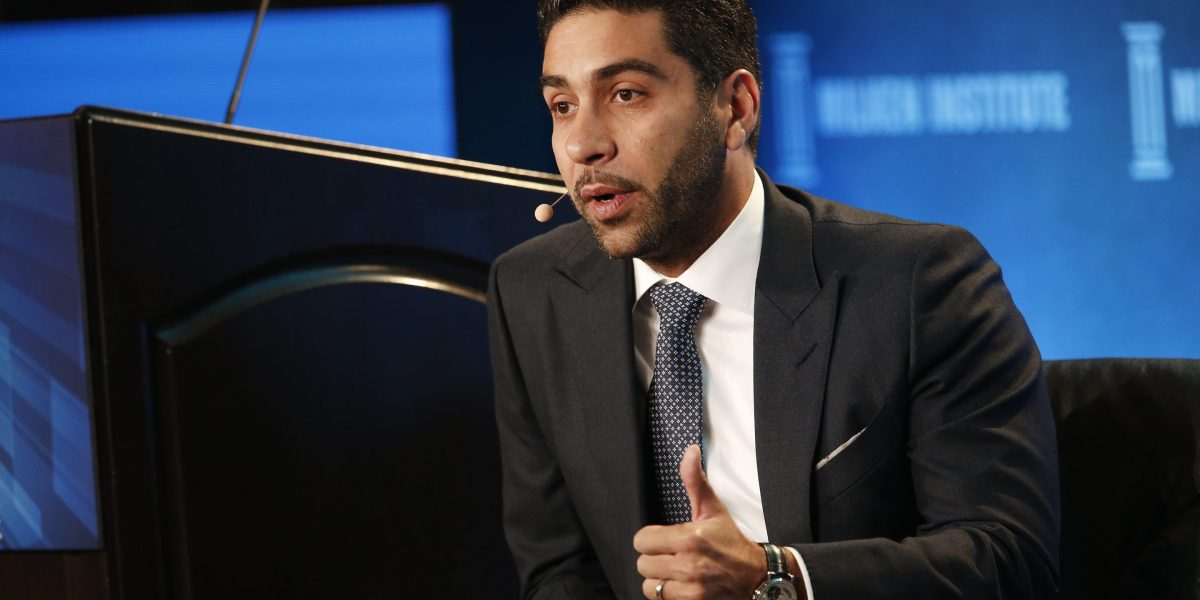His Excellency Fahd bin Abdulmohsan Al-Rasheed, the advisor and general secretariat of the Kingdom of Saudi Arabia’s Council of Ministers, says he only had a handful of career options when he got his bachelors from Washington University in St. Louis in 1999.
His choices were limited to “oil and gas, or petrochemical, or banking, or retail,” he said at the Fortune Global Forum on Monday.
Those jobs reflected the economy of Saudi Arabia at the time. The country is famous for its rich oil reserves, which have brought it tremendous wealth but also made it vulnerable to changes in oil prices. Saudi Aramco, the nation’s state-run oil company, sits at No.4 on the Fortune Global 500. In the previous fiscal year it brought in around $459 billion in revenue.
But Al-Rasheed says that today, his teenage daughter has more options than he ever did. “Now, my 16-year-old daughter, who will graduate in 2030, will have a choice of doing whatever she wants,” he said. “She can make a movie, she can go to space. It’s a real transformation that is rooted in what the people are doing.”
Saudi Arabia has made massive efforts to diversify its economy over the past few years. In 2016, the government launched Vision 2030, an economic and cultural plan for the country which aims to “diversify its economy, empower citizens.” The country is also pouring billions of dollars into building the city of Neom. Al-Rasheed says that Riyadh’s sustainability strategy calls for 50% renewable energy by 2030, and 30% of vehicles to be electric.
“It’s a business hub, and it’s a regional hub for stability,” said Al-Rasheed. “It’s really amazing to see the scale of growth, speed of change, and how it’s been adopted across the board.”
Al-Rasheed pointed to cultural changes as well. Female participation in the Saudi Arabian labor force increased from 17% in 2003 to 35% in 2023. And a younger population is more interested in the wider world than their predecessors.
“Most of the population is under 35, and they’re global citizens,” Al-Rasheed said. “They’re on their phone, but they’re engaging with the world on this machine,” he says.
A newsletter for the boldest, brightest leaders:
CEO Daily is your weekday morning dossier on the news, trends, and chatter business leaders need to know.
Sign up here.

